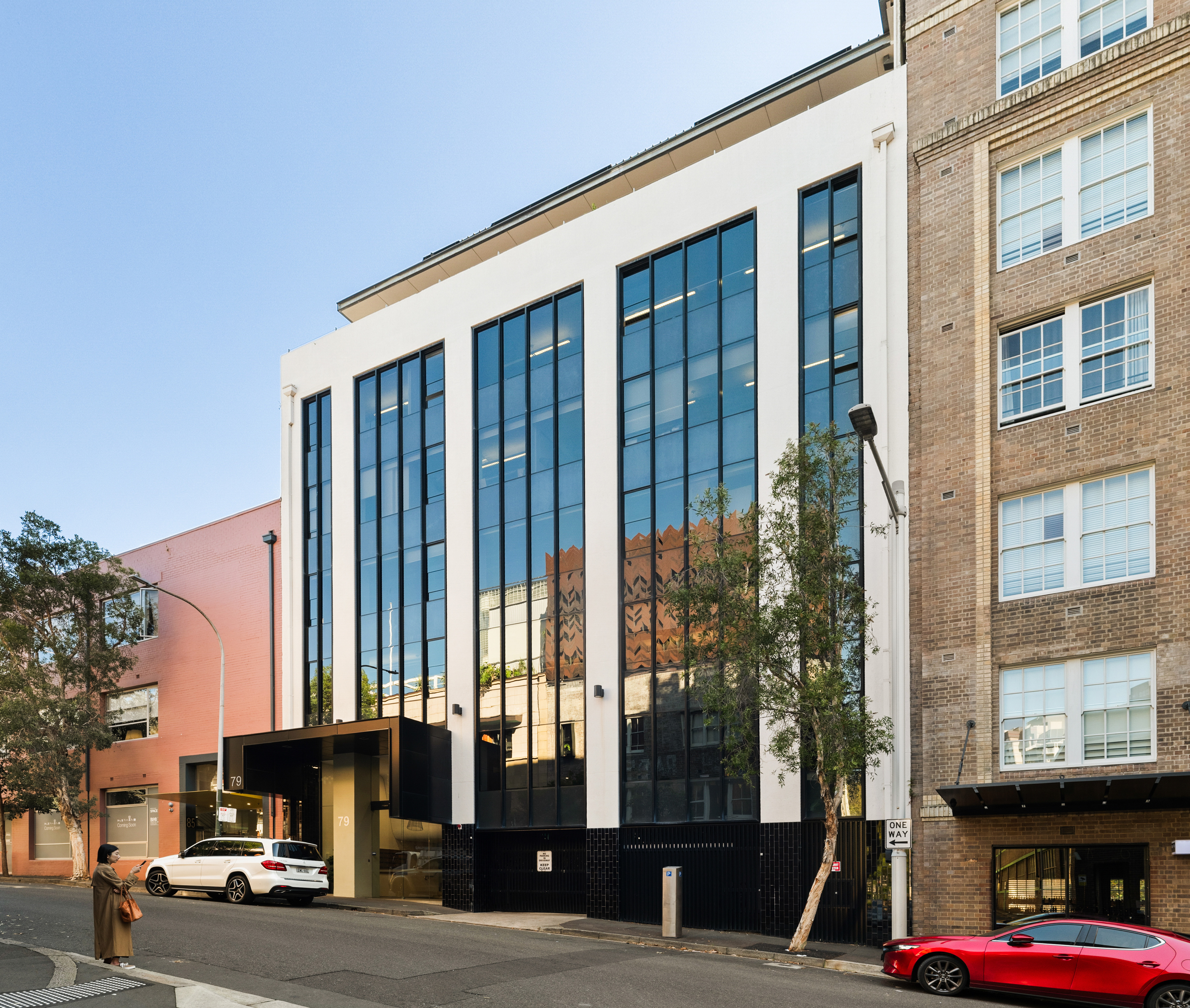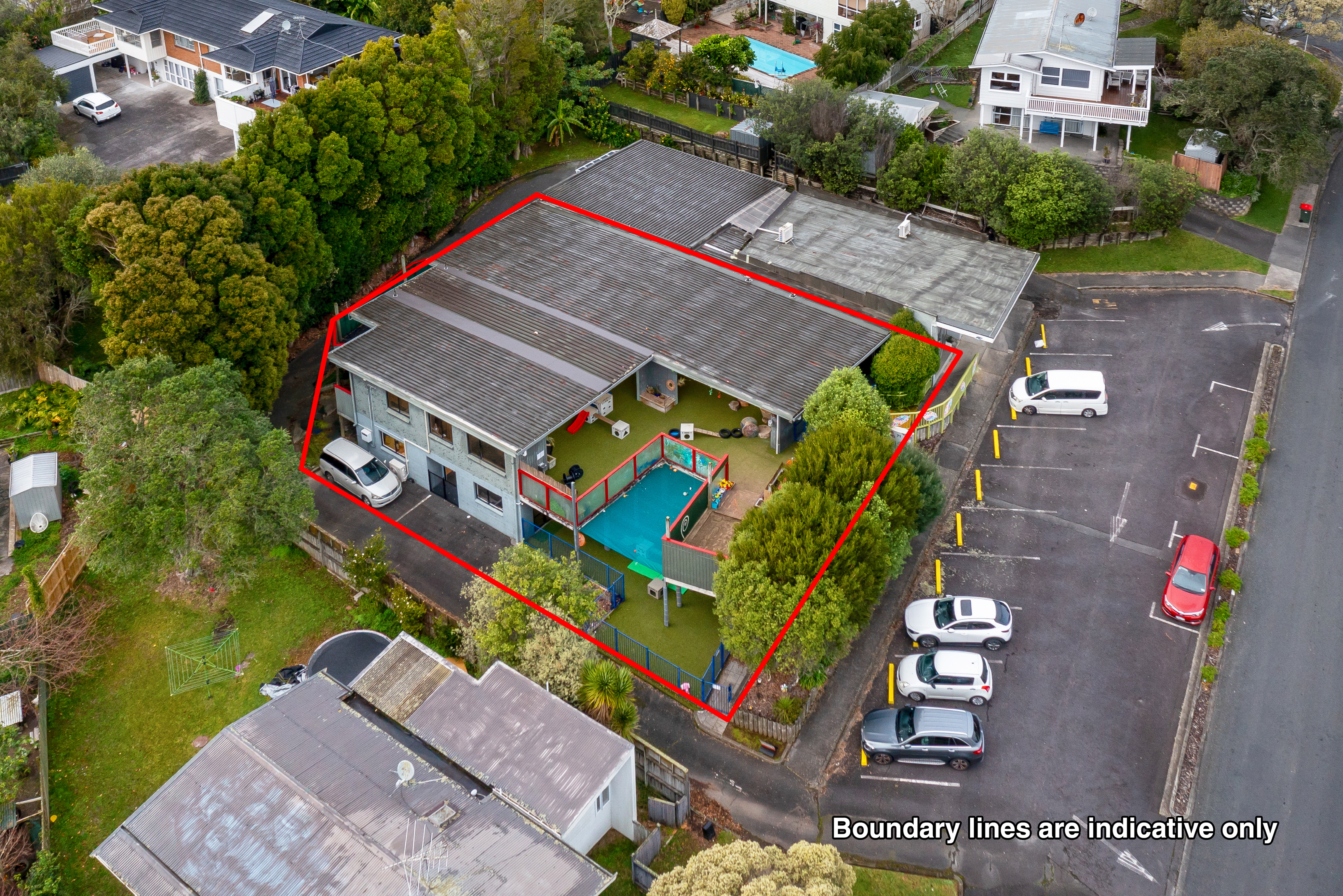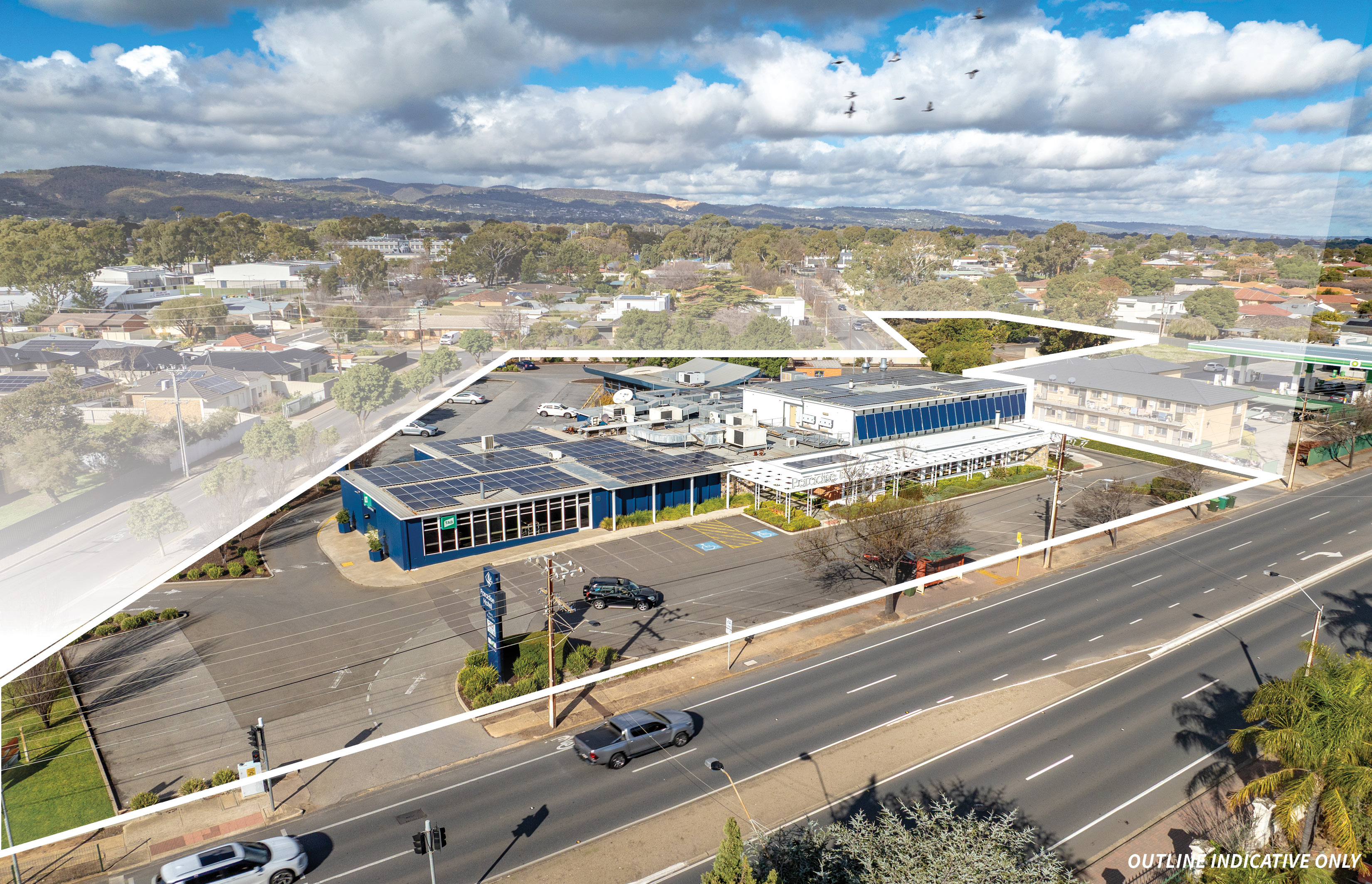PODCAST: How China’s biggest cities are catching up in real estate transparency
Recent gains have helped make Beijing and Shanghai two of Asia’s hottest investment destinations
Shanghai and Beijing are the biggest commercial real estate markets in China, and among the largest globally.
Shanghai reached US$7.3 billion in foreign-direct property investment last year, the fourth-largest in the world, according to JLL. Beijing saw US$4 billion of inflows into real estate.
Their rise is in part tied to a decades-long path to greater transparency, on which the two now rank similarly to Lisbon and ahead of Tel Aviv, according to JLL’s latest Global Real Estate Transparency Index.
This is a sharp difference from 20 years ago, when their transparency was categorized by JLL as “low.”
"Shanghai and Beijing's elevation to the 'transparent' tier of global real estate mirrors the Chinese mainland's diversifying economic development and its status as one of the fastest-evolving commercial property sectors internationally," said Daniel Yao, head of research at JLL China.
Putting opacity in the past
The path to becoming less opaque came amid the growth of proptech in China, the adoption of sustainability practices, a rise in disclosure for listed entities, and greater professionalism in the industry.
“While all these are important, embracing of innovative technologies and the ongoing sustainability efforts have truly fast-tracked China’s rise in transparency,” Yao says.
Proptech has made access to data more convenient and accurate, a boon for investors looking for reliable intelligence. Chinese corporate giants such as Ping An, JD.com and Alibaba boast smart-city projects and online property platforms.
Even younger start-ups – such as Internet of Things unicorn Terminus – offer proptech solutions providing smart access and security.
In terms of sustainability, an increasingly important driver for responsible investing efforts, nearly 80 buildings and spaces in China have acquired the health and wellness-focused WELL certification. Nearly half of these are in Shanghai and Beijing.
Their standing as international metropolises have set them apart from Chinese peers in terms of leading the sustainability and wellness charge. Just Shanghai alone has more than 700 companies with regional headquarters in the city, according to the municipal’s Commission of Commerce.
Looking for more insights? Never miss an update.
The latest news, insights and opportunities from global commercial real estate markets straight to your inbox.
“China’s authorities recognise global firms’ increasing focus on corporate social responsibility and, in particular, the need to create a sustainable built environment,” Yao says. “It’s expected that Mainland China would soon expect their exchanges to put in place new measures that require listed firms to include environmental, social and governance (ESG) summaries in their financial reports and will further drive market transparency.”
The continued presence of foreign capital further creates a virtuous cycle for real estate transparency. As major destinations for cross-border capital, institutional funds are helping to improve transparency, increase professionalism and expand access to market data.
JLL research consistently shows Shanghai among the world’s top five cities for cross-border investment, and it was the largest recipient in Asia Pacific last year.
Catching up with the rest
Given the progress, industry watchers will be looking to see if Shanghai and Beijing will be able to make further gains, which isn’t always so easy. Regional rivals for investment such as Hong Kong and Singapore rank within the top 20 of JLL’s index.
Obstacles to transparency remain, such as capital controls that “make moving capital in and out of China cumbersome, although we believe it will be better as policies geared towards financial liberalisation pick up pace,” says Yao.
He is also optimistic that more reforms in the industry would help.
Investment Opportunities
“Investors will be looking to see improved transparency in several areas like expanding the REIT codes to include a wider spectrum of income-generating commercial real estate, which would improve liquidity and enhance price discovery of real estate assets,” he says.
Contact Daniel Yao
Head of research at JLL ChinaWhat’s your investment ambition?
Uncover opportunities and capital sources all over the world and discover how we can help you achieve your investment goals.
 SPOTIFY
SPOTIFY APPLE
APPLE




